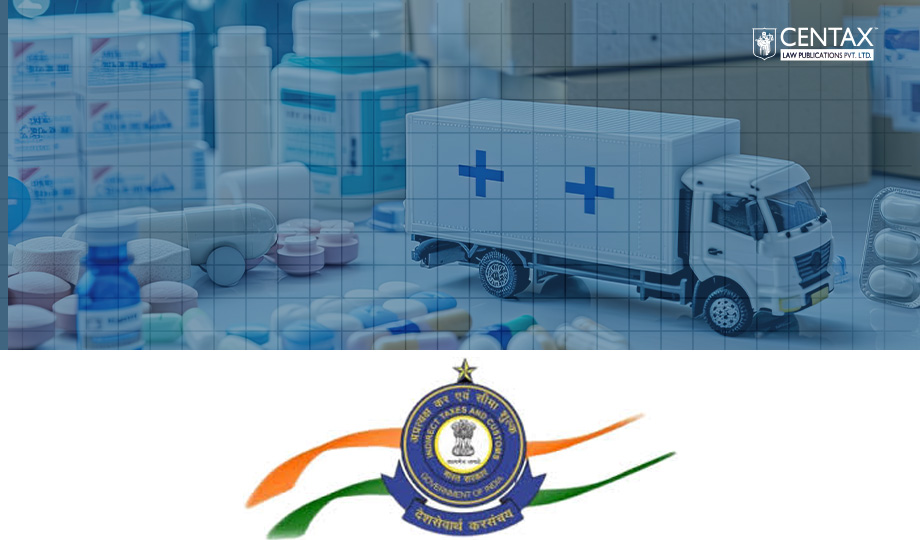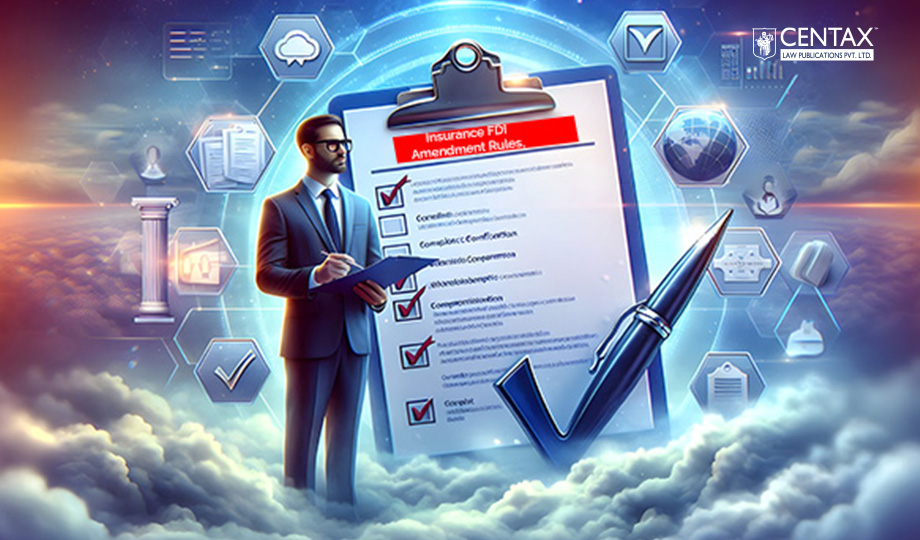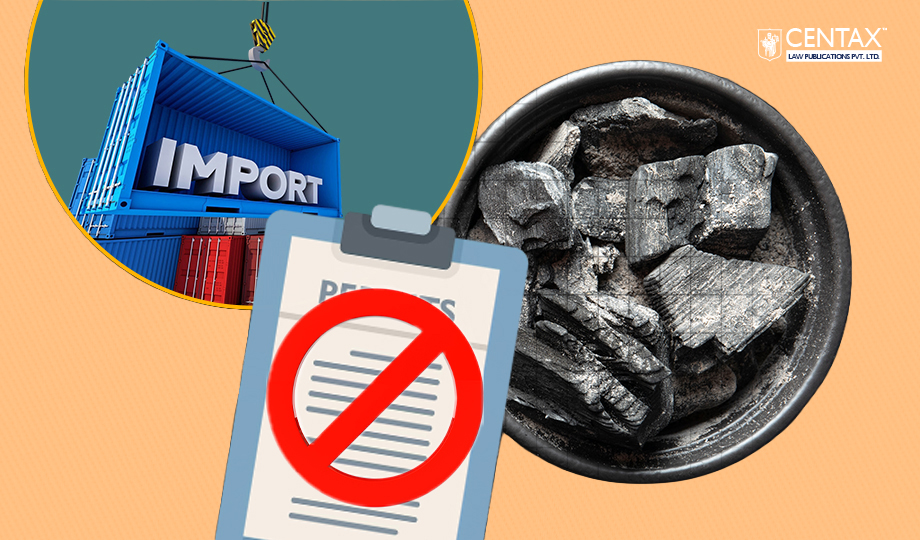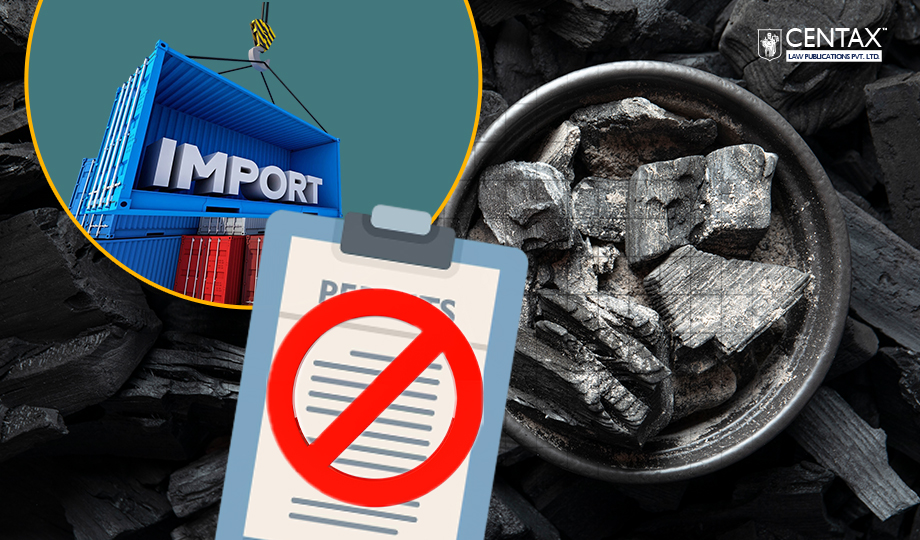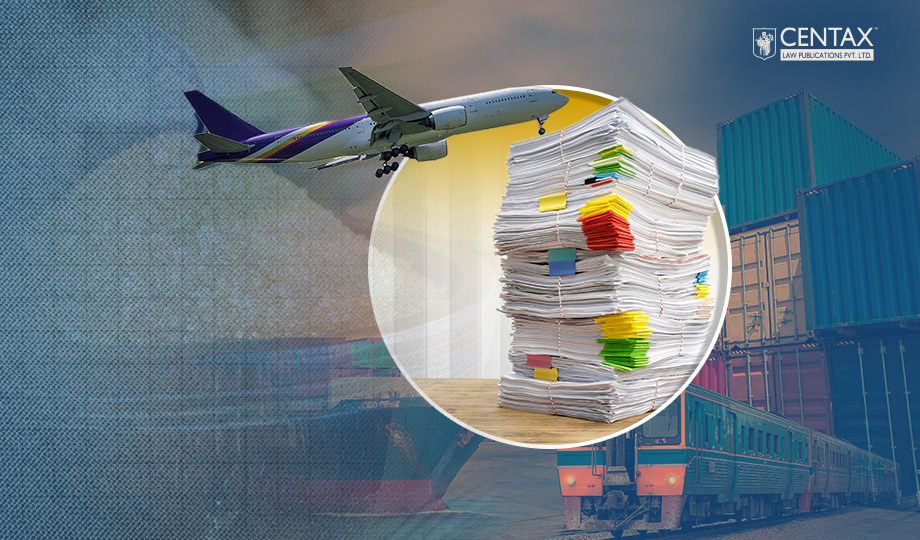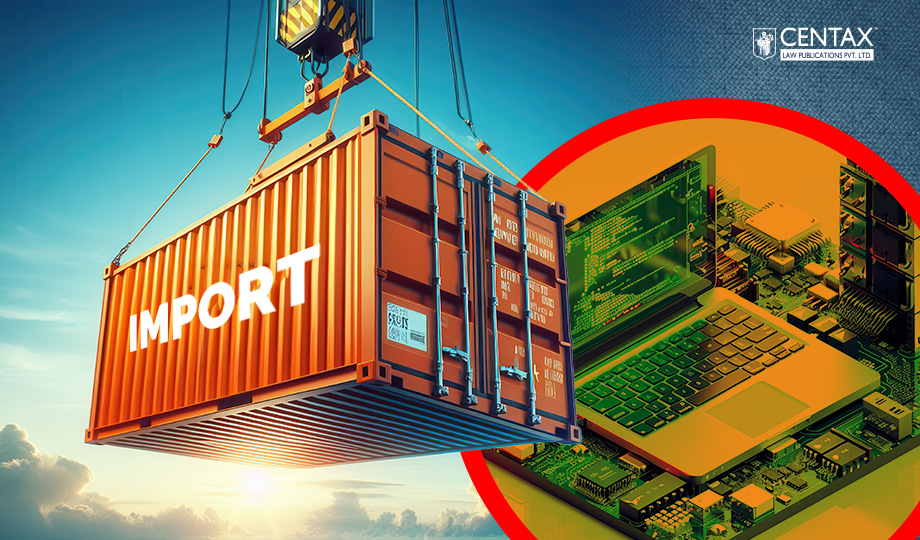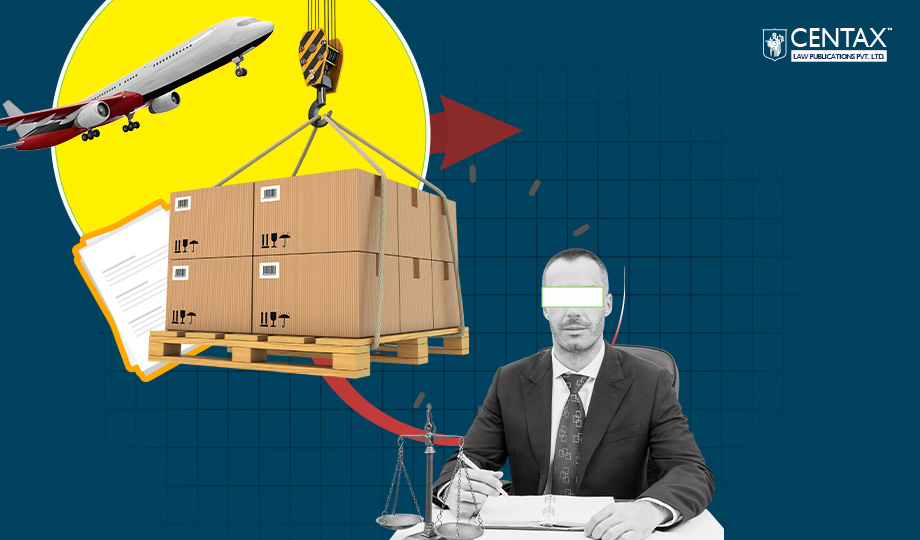
Notification No. 23/2025-26, Dated 30-06-2025
1. Background – Import Policy on Soda Ash
Soda Ash (Disodium Carbonate) is a key industrial chemical used in the manufacture of glass, detergents, and other chemical products. To regulate its import and prevent undercutting of domestic industry, the Directorate General of Foreign Trade (DGFT) had earlier imposed a Minimum Import Price (MIP) on its imports under specified HS Codes falling under Chapter 28 of the ITC (HS) 2022, Schedule-I (Import Policy).
2. Extension of MIP Condition by DGFT
The DGFT has now issued a notification extending the validity of the Minimum Import Price (MIP) condition on imports of Soda Ash for a further six-month period, continuing the effect of Notification No. 46/2024-25 dated 30-12-2024.
Details of the Extension:
- Period – From 01 July 2025 to 31 December 2025
- Applicable MIP – ₹20,108 per metric tonne
3. Applicable HS Codes
The extended MIP condition applies to Soda Ash imports under the following HS Codes:
| HS Code | Description |
|---|---|
| 28362010 | Disodium Carbonate – Light |
| 28362020 | Disodium Carbonate – Dense |
| 28362090 | Other forms of Soda Ash |
4. Compliance Requirement for Importers
All importers bringing in Soda Ash under the above HS codes must ensure that the declared import price is not below ₹20,108 per MT. Imports priced below this MIP threshold shall not be permitted by Customs.
Failure to comply with the MIP condition may result in:
- Rejection of import consignments
- Delay or denial of customs clearance
- Potential penal action under the Foreign Trade (Development and Regulation) Act, 1992
5. Objective of the Extension
This policy measure is aimed at:
- Safeguarding the domestic soda ash industry from low-priced imports
- Maintaining fair trade practices
- Preventing dumping of cheaper material that could distort market pricing
6. Conclusion
Importers must take note that the MIP condition on Soda Ash imports remains in force until 31 December 2025. Appropriate due diligence should be exercised to ensure compliance with the revised import policy and avoid regulatory or customs-related disruptions.











